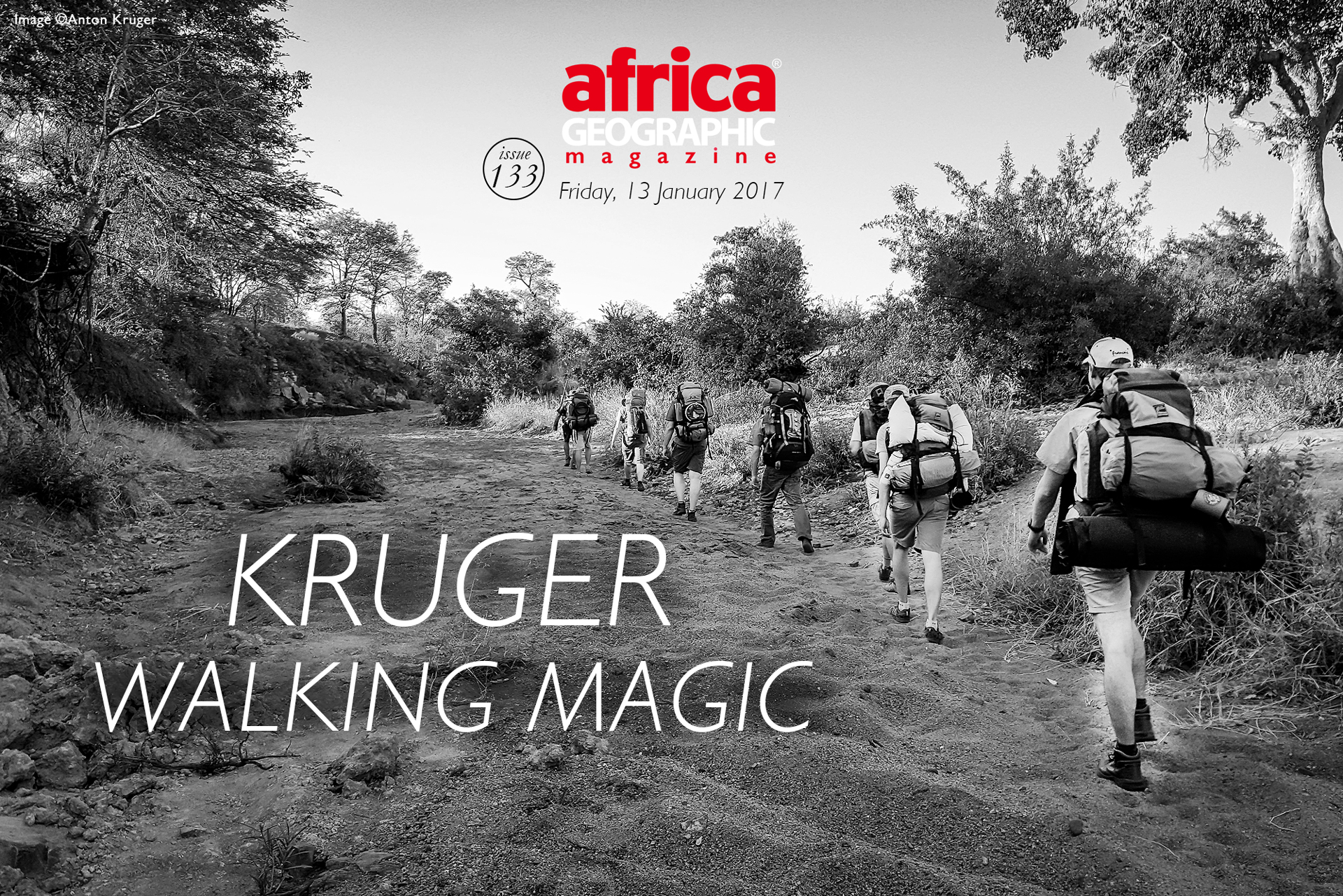
Discover magic on the Mphongolo Backpack Trail in Kruger

This is a trip report of our five-night stay in the Kruger National Park, which included the three-night Mphongolo Backpack Trail – a trail that not only takes you into the largest wilderness area in the Kruger but also takes your soul to a deeper level than you could ever have imagined.
Our travelling group, consisting of family and friends, left Pretoria at 3 am on the day of travel. The Kruger is less than five hours drive from Gauteng, but when you are dealing with a group of people with such an intense obsession for the bush and an uncontrollable itch to get there, this is quite a late start.
We planned to enter the park at Orpen gate and take the Timbavati River road to spend the night camping at Letaba Rest Camp. At this stage, we all had ‘leopard fever’, and we thought that taking this route would maximise our chances of seeing our favourite feline creatures. Unfortunately, we didn’t see any leopards, but we did have a magnificent sighting of the notorious honey badger.
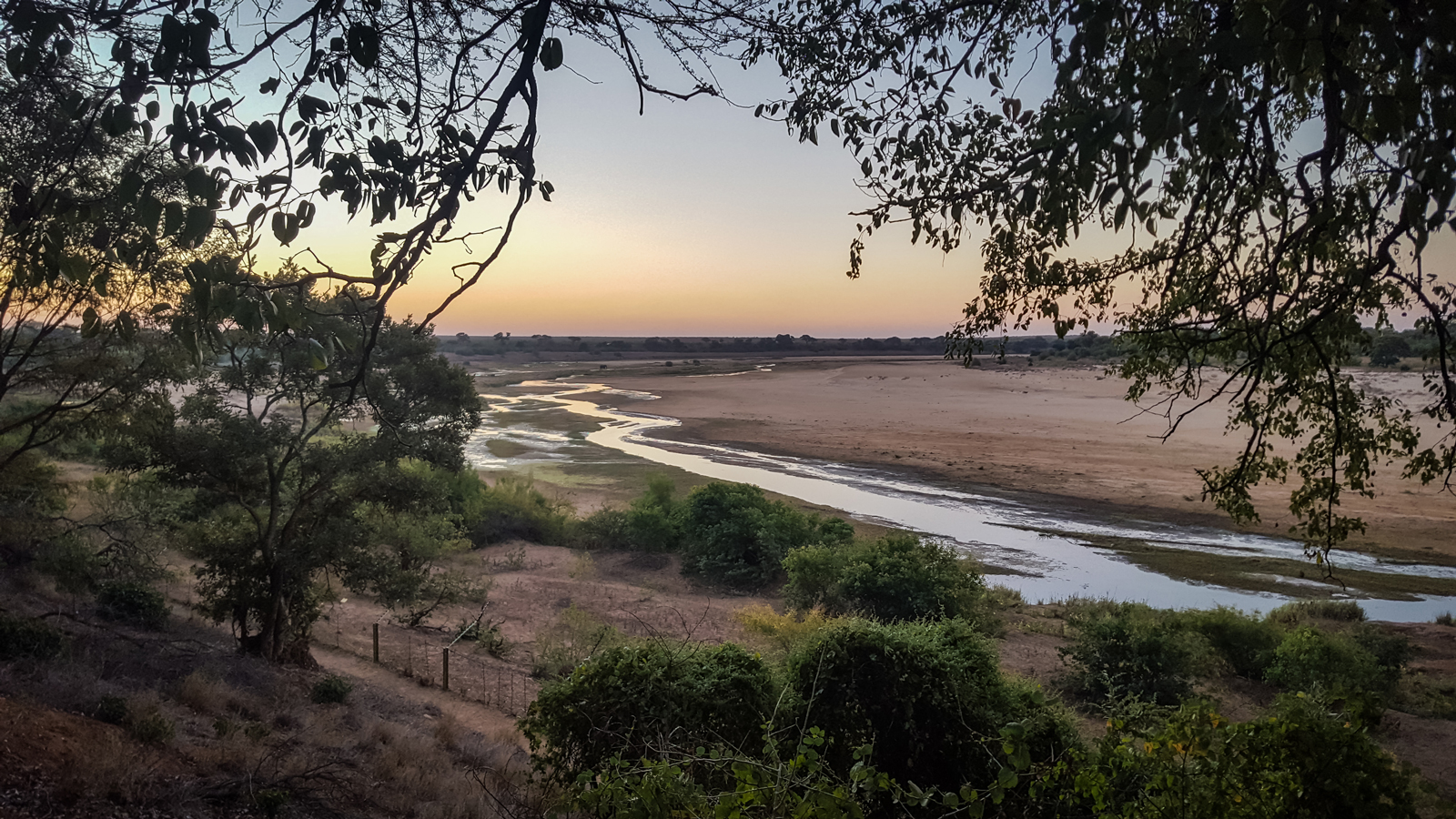
The trail begins
The next morning we left Letaba camp at sunrise and headed north towards Shingwedzi Rest Camp, where we met our excellent guides, Brenden and André, for the start of the Mphongolo Backpack Trail. They gave us a short talk on what to expect on this unique trail, whereafter we did some last-minute backpack checks, packed the trailer and headed further north towards Sirheni Rest Camp. En route, we veered off onto a small, dusty track – and we all unanimously got the sense that the wilderness had begun…
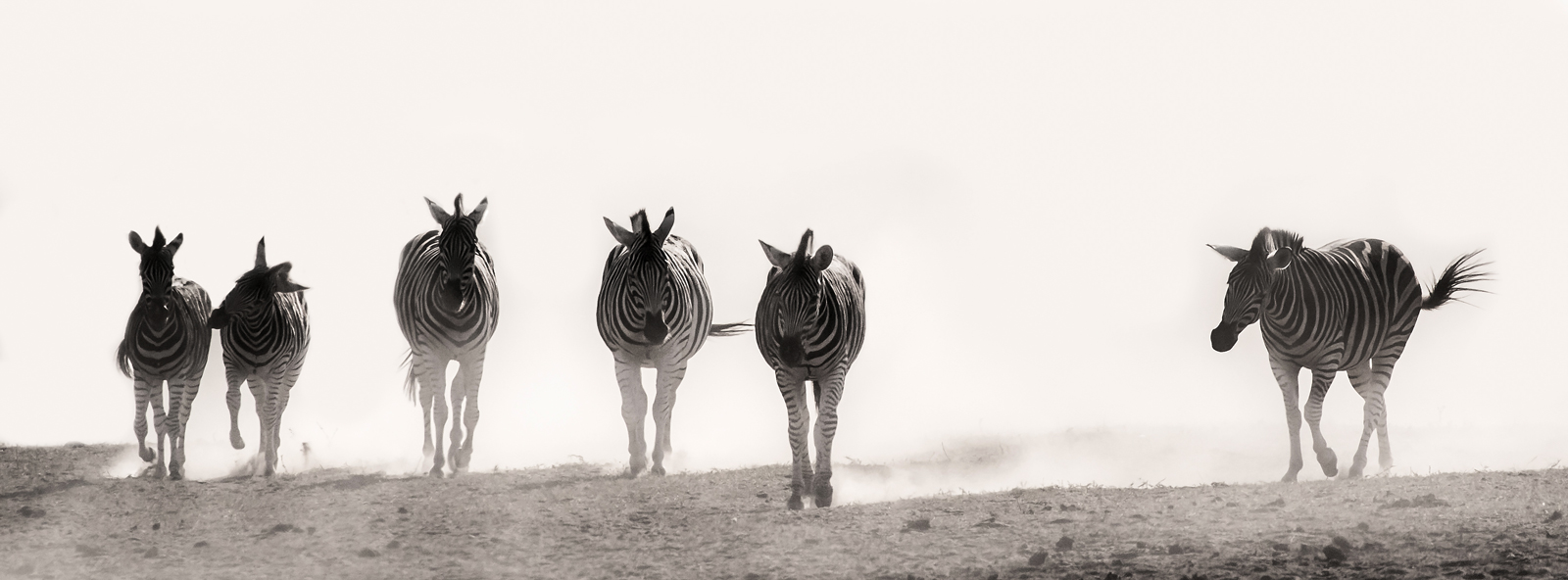
After about 15km on this track, the driver stopped – it was time for our trail to begin. You feel a bit vulnerable and exposed when a SANParks vehicle drops you off and leaves you there alone – in the largest wilderness area in the park (all 150 000ha of it) with nothing except your backpack.
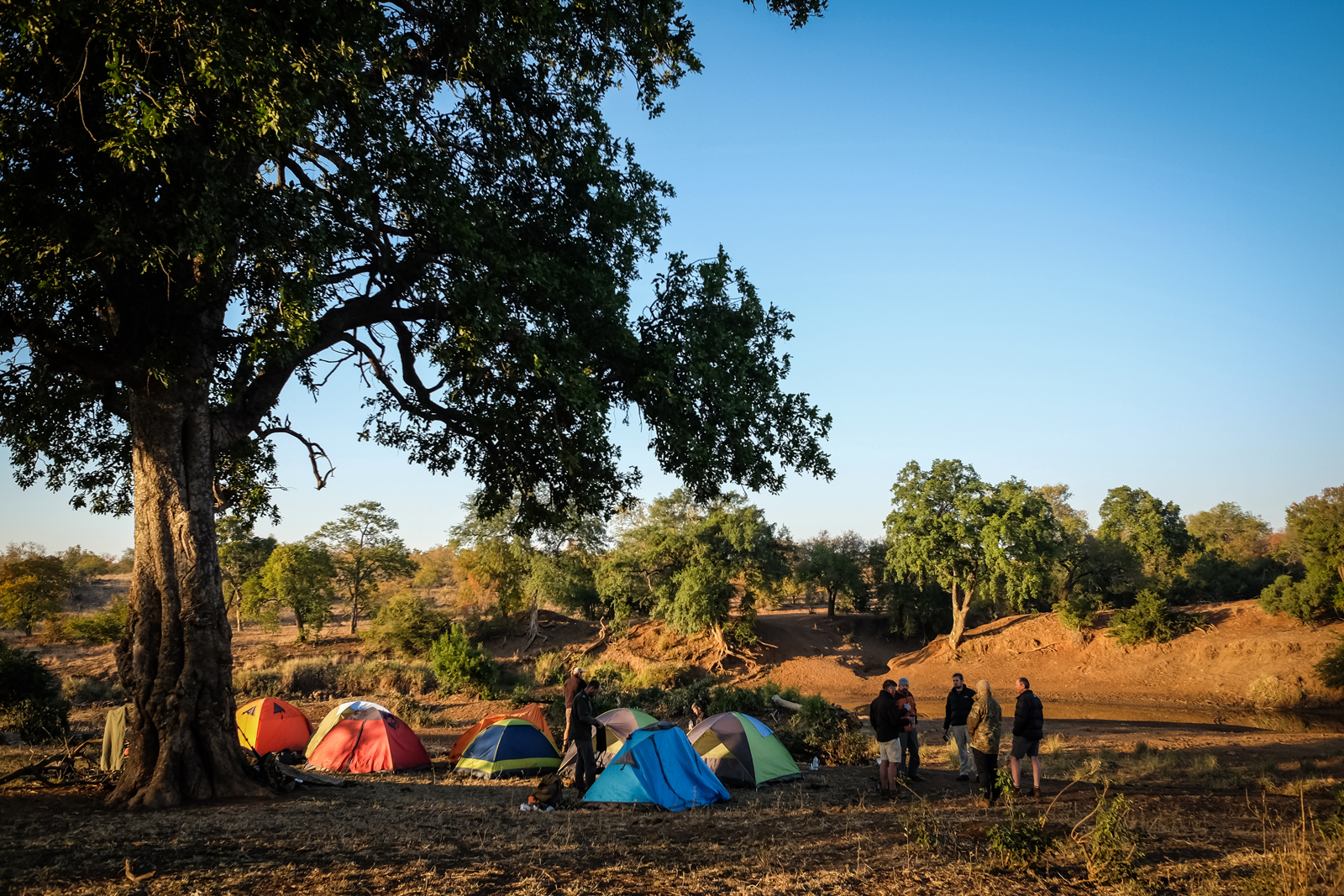
But, after a brief safety talk by our guides, we soon realised that this is different than your usual visit to a game reserve. Brenden explained the feeling well: “Normally when you visit a park, you are only observers. You look at the wildlife, but you are not part of it. With this backpacking trail, you become a participant.
You become part of the wildlife, and are exposed.” After this touching introduction, we started our walk towards the Mphongolo River, which would be our life-line for the following four days.
Harsh reality checks in the wild
Our afternoon walk took us down the desperately dry Mphongolo River – our first reality check on the trail. We found a suitable camping spot for the evening, but there was one problem – after a lot of digging for water, there was only dry sand. This was our first taste of the rampant drought that the Kruger National Park is currently experiencing.
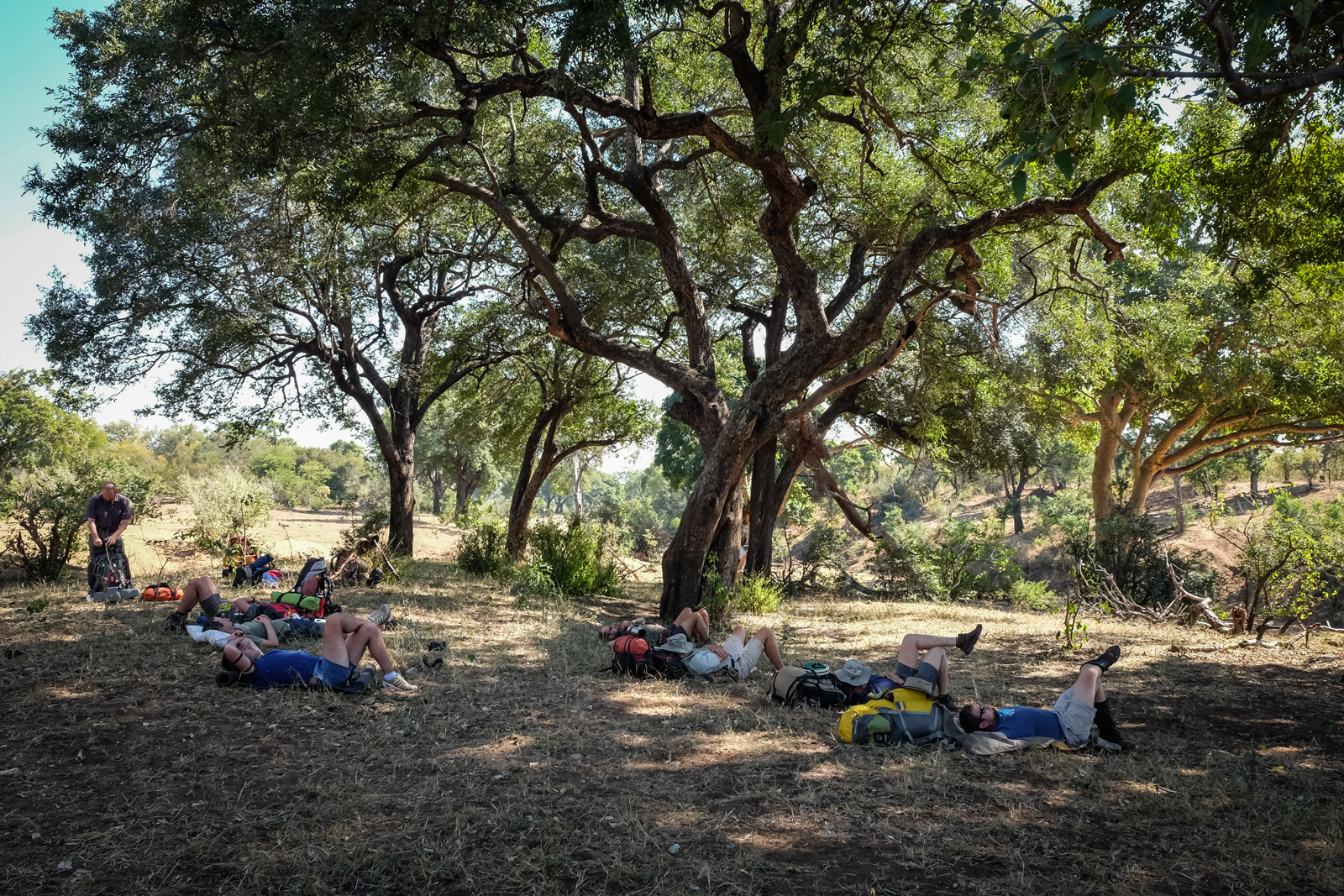
We made a plan and emptied our water bottles into a container, and the verdict was that we should have enough water for the night and following morning. The next day, we would continue our urgent search for water. But, the relaxed evening that we had planned developed into reality check number two…
…At 3 am that night, we heard some strange and very loud noises next to our little tents. Whatever it was, it was big! At first, I first thought it was lions, or maybe elephants. Brenden even believed that it could be black rhinos fighting at one stage. As the noises got closer, we saw that it was two hippo bulls having a full-blown fight!
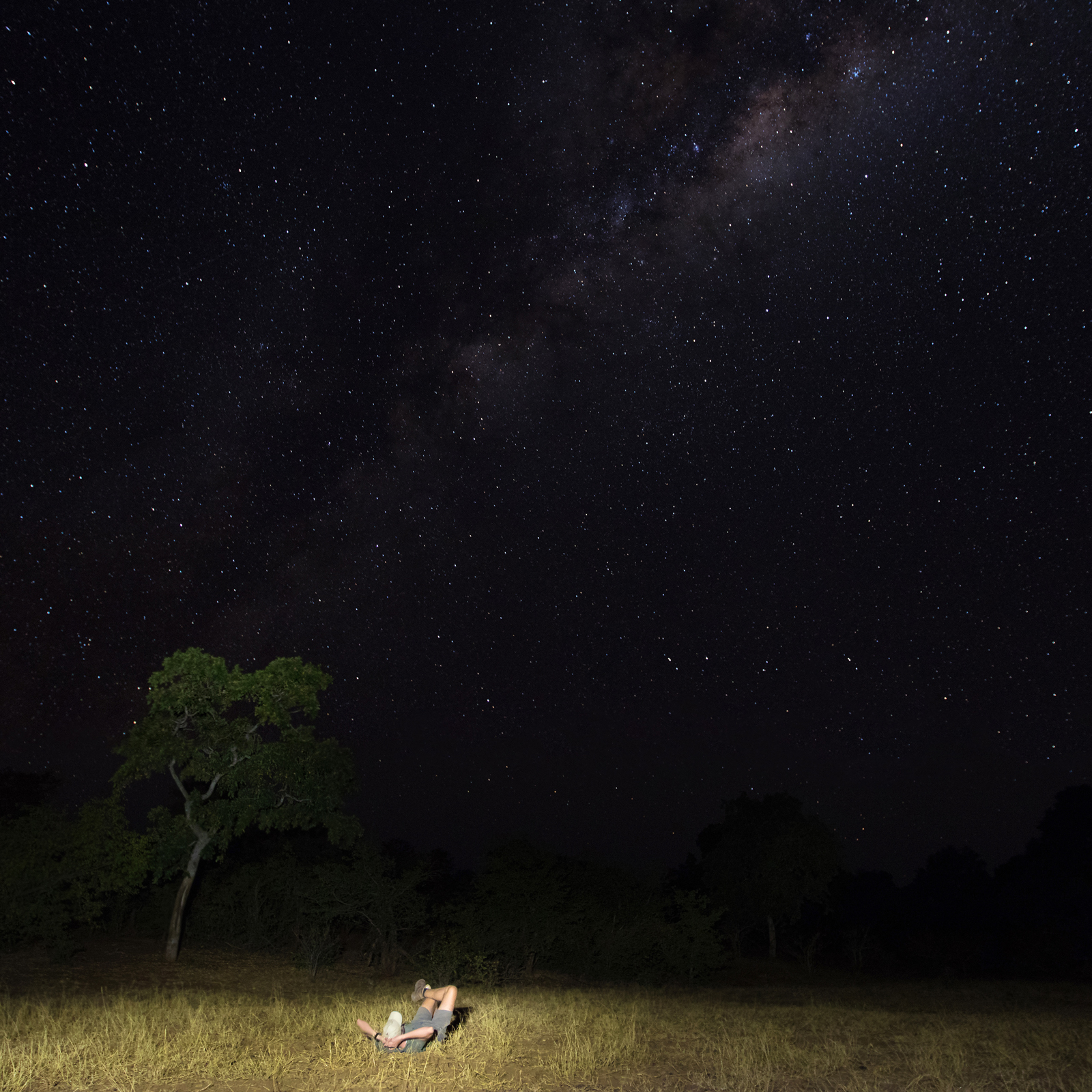
In reality, this could have been a life-threatening situation, but the guides handled it in a very professional manner to ensure that we all stayed safe. Scary as it was and shocked as we were, the next morning we were able to follow the blood trail – this was a serious fight, and the closest they came was four metres from our tents! We were lucky to survive. On a positive note though: if there were hippos around, there must’ve been water not too far away!
Wilderness backpacking at its best
For the following three days, we followed the course of the river in a leisurely manner, enjoying sightings of large buffalo herds and numerous old buffalo bulls. Elephant dung was everywhere, and we saw their spoor frequently too. We saw African wild dog tracks and had many more awesome, exciting sightings – we even encountered a leopard in broad daylight on one of the afternoon walks!
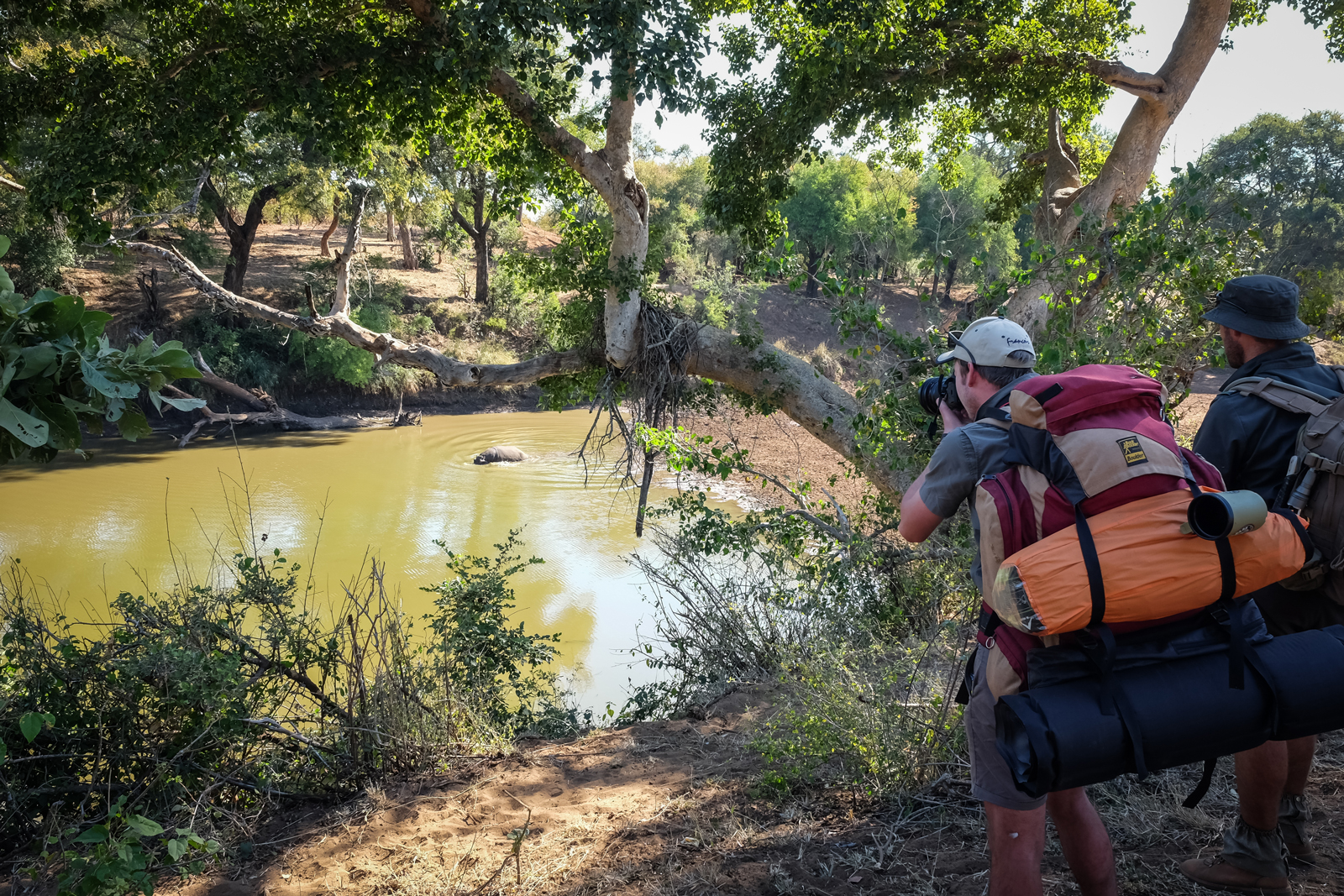
We learned about the trees, the elephant teeth, the porcupine dung, and how to measure the stride of an animal by looking at the tracks and everything in between. Digging for water in the river and using the dug-out ‘wells’ the elephants had created was a memorable daily event.
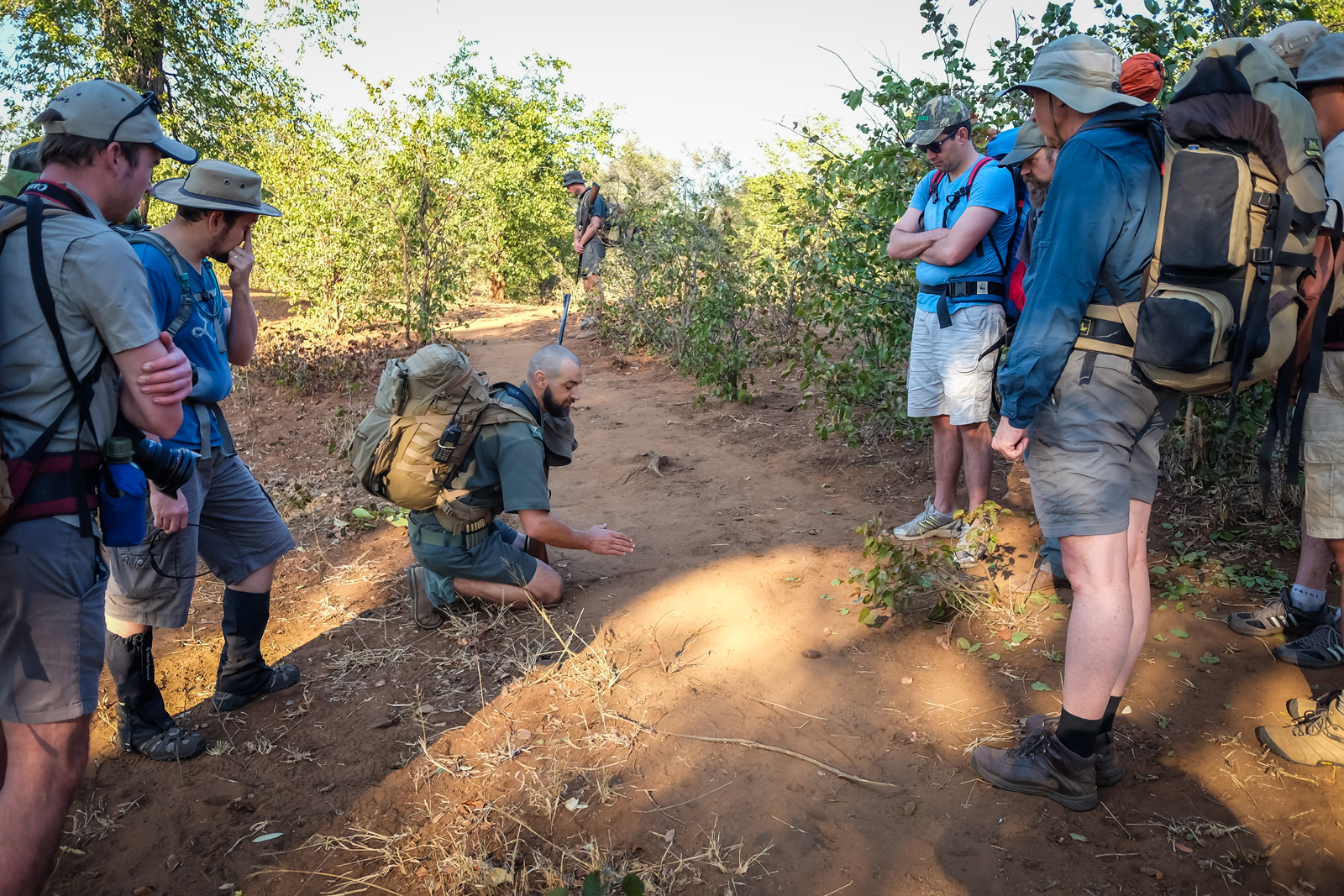
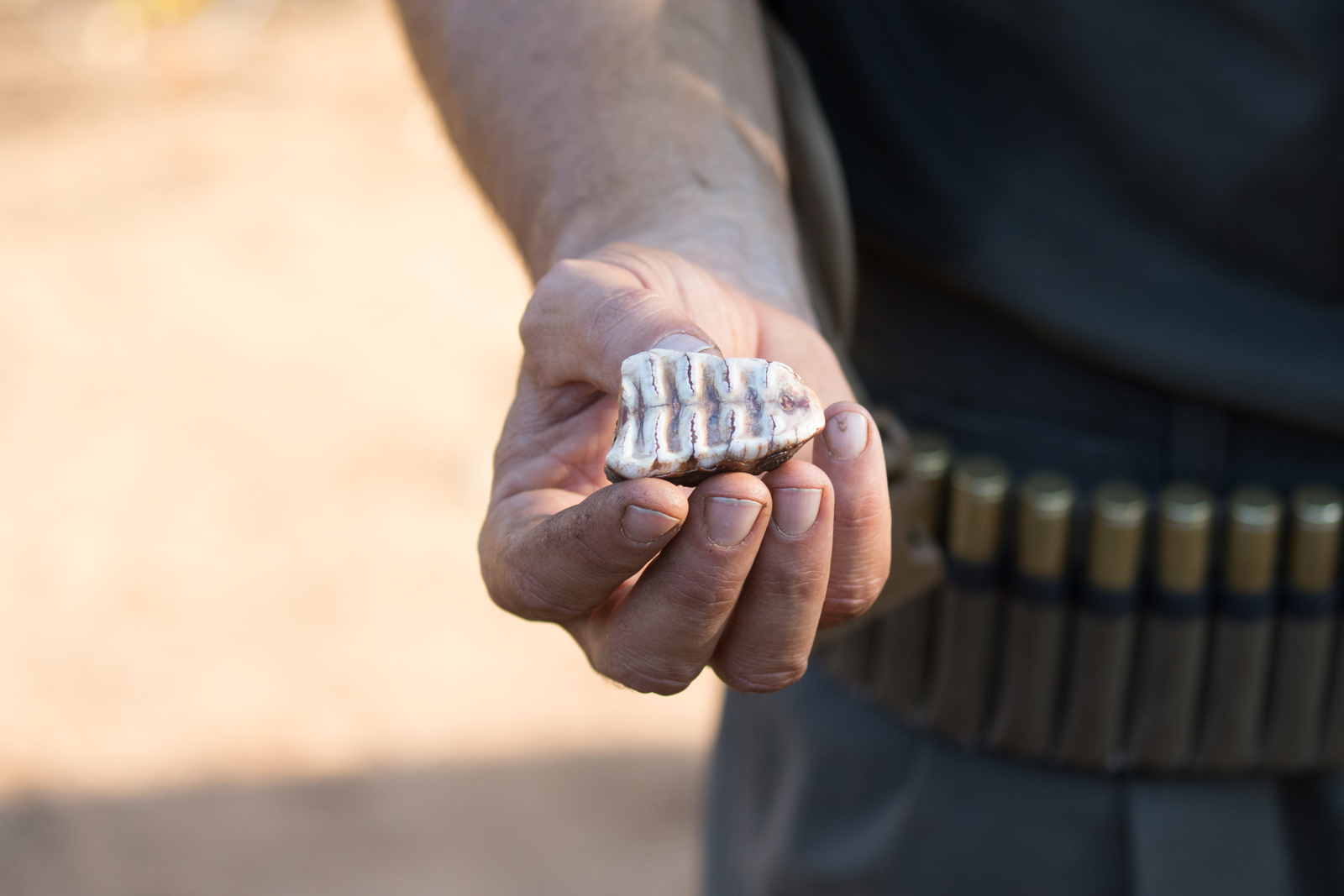
The birding highlight for me was a family of Grey Penduline-Tits – they weigh only six grams! I also heard the coolest plant name ever – have you heard of a “Northern fluffy-flowered Jackal-coffee”? What an incredible name!
The trail is not a strenuous one, but what it lacks in strenuousness it makes up for in serenity. One day we had brunch at a fantastic spot alongside the river, and we promptly decided to camp there for the night. That afternoon we took our walk without our backpacks.
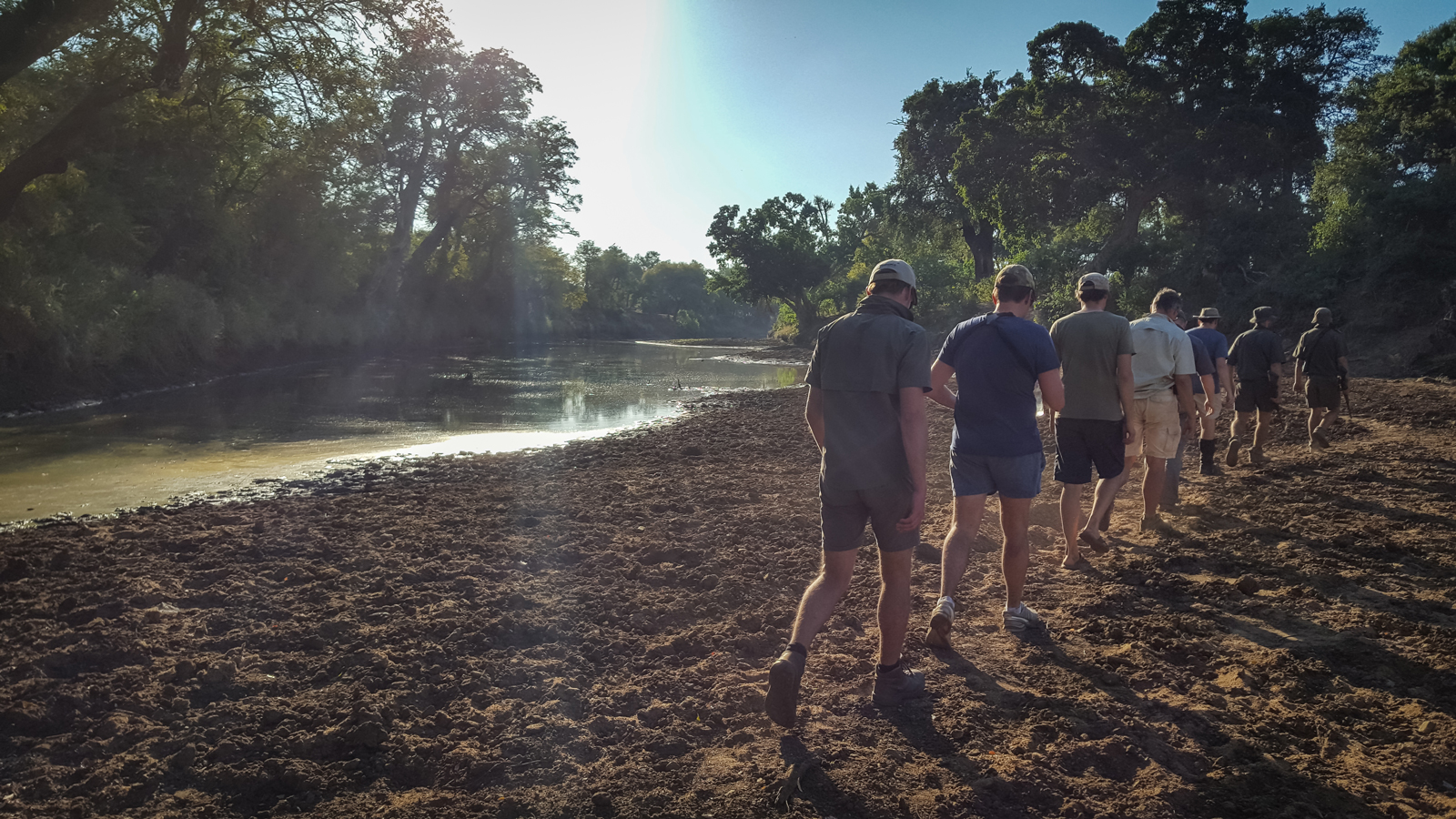
We also enjoyed some quiet time alone. Sitting next to the river and staring down at it watching darkness creeping closer is total relaxation. It is in these quiet moments with nature when you realise what is important in life, and how we should push not to just ‘exist’ but to ‘live’! These are the opportunities for peaceful introspection that the trail offers.
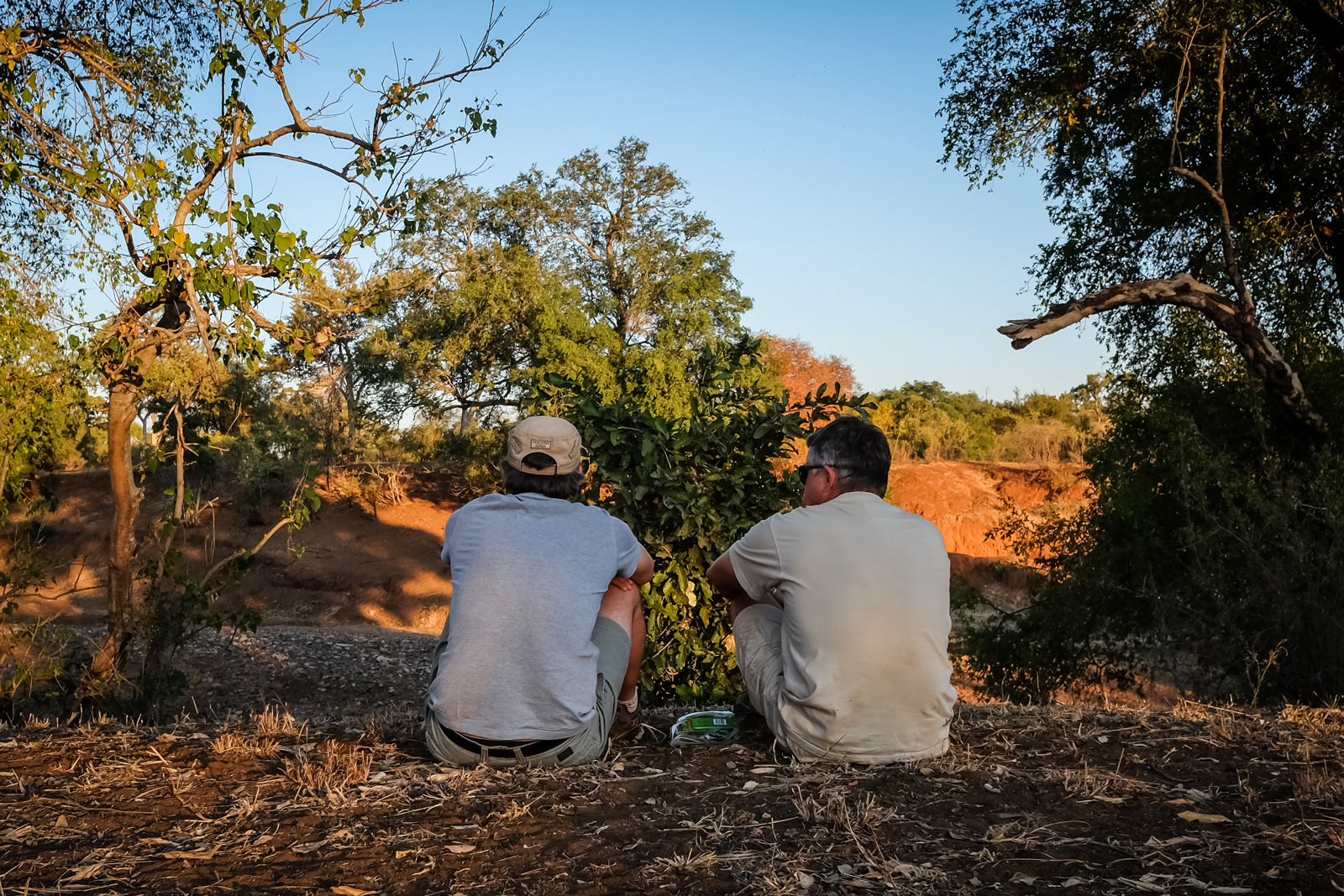
Highlights of the trail
What is the ultimate highlight of such a backpacking trail? For me, it was being part of the ecosystem, without a watch or cellphone, without any human evidence anywhere, no roads, no showers, nothing – and being in the presence of big game while experiencing the wilderness. There are some hair-raising and heart-pumping experiences along the way that make you feel alive – and then there is also some much needed quiet time to reflect…
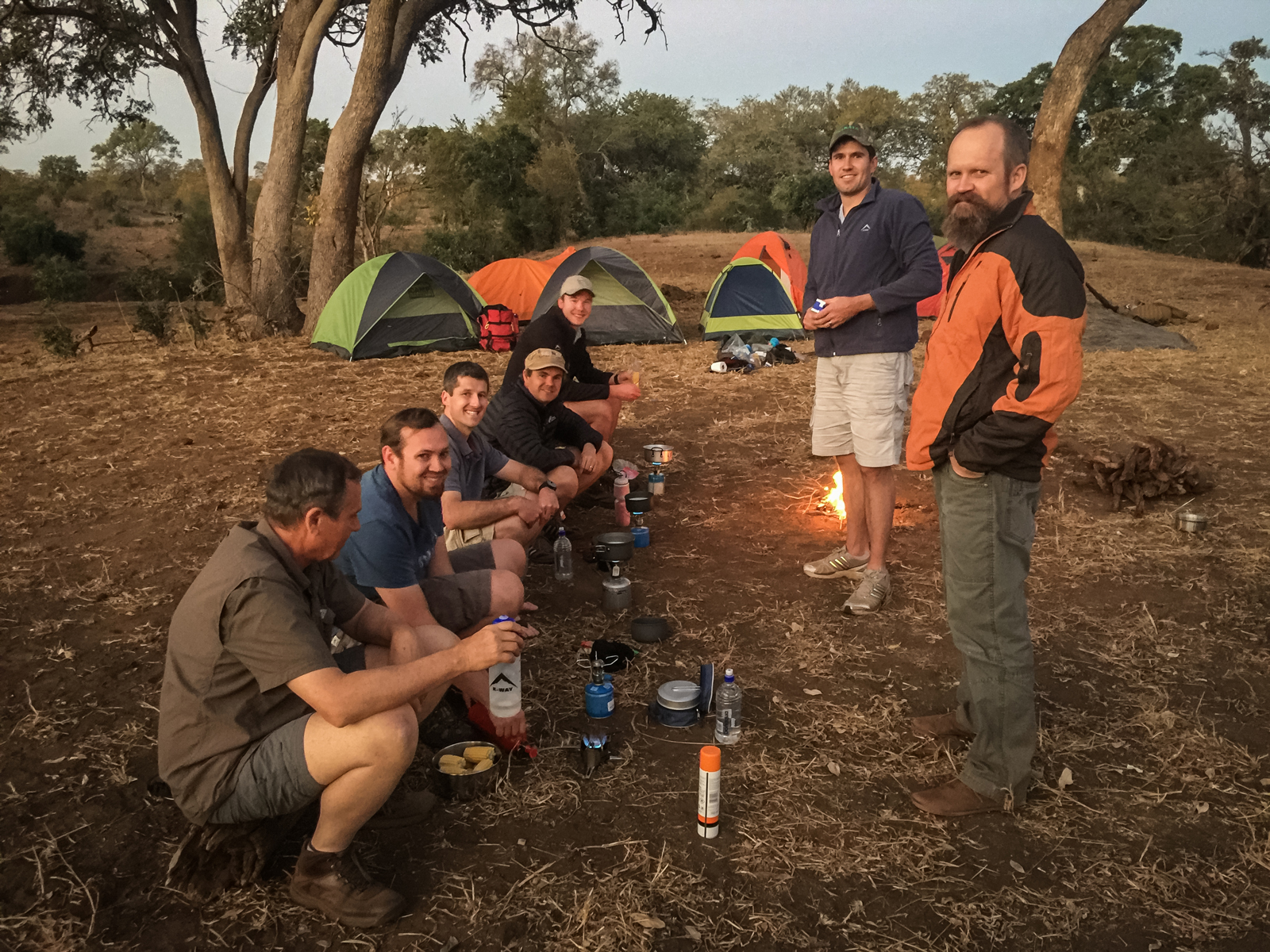
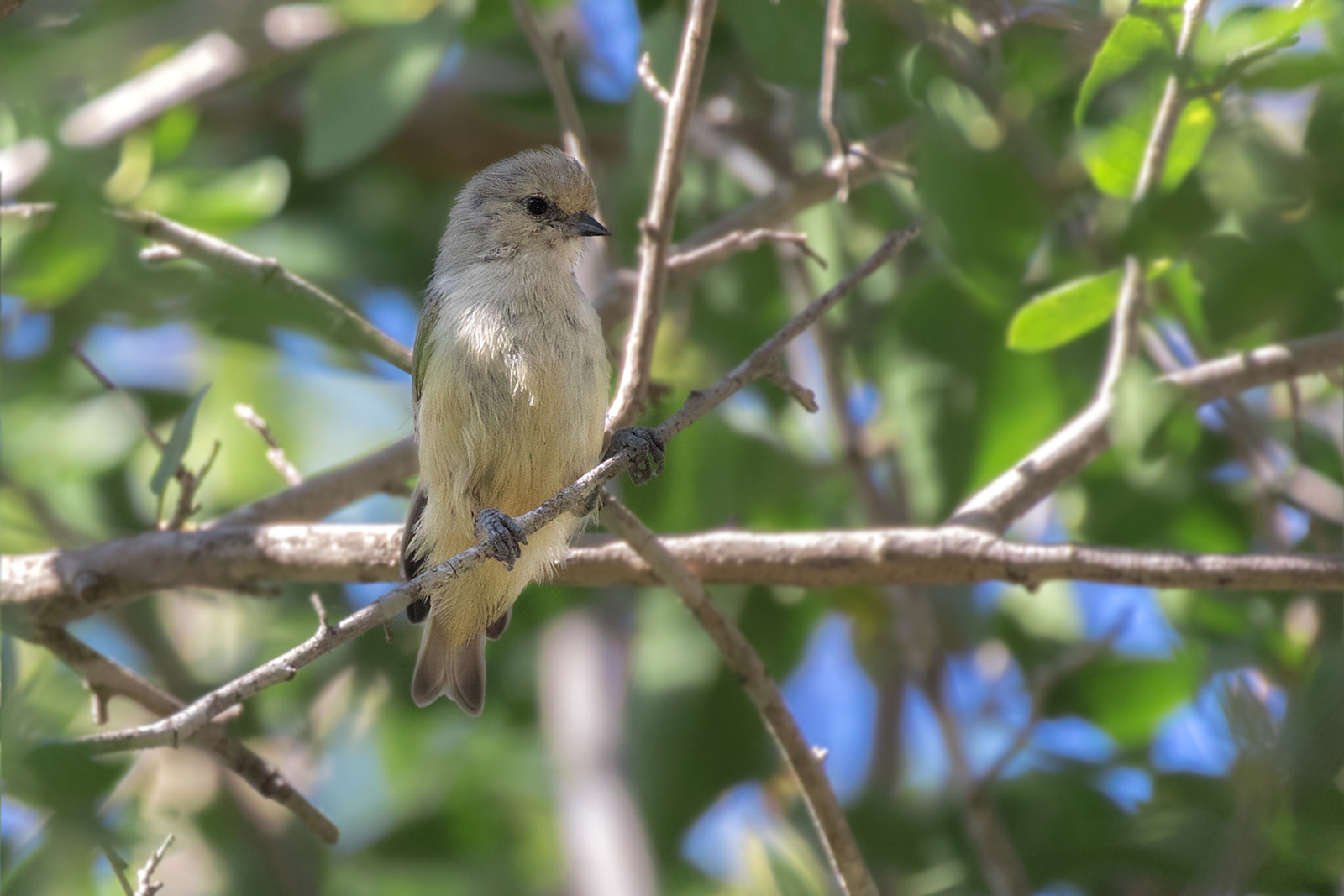
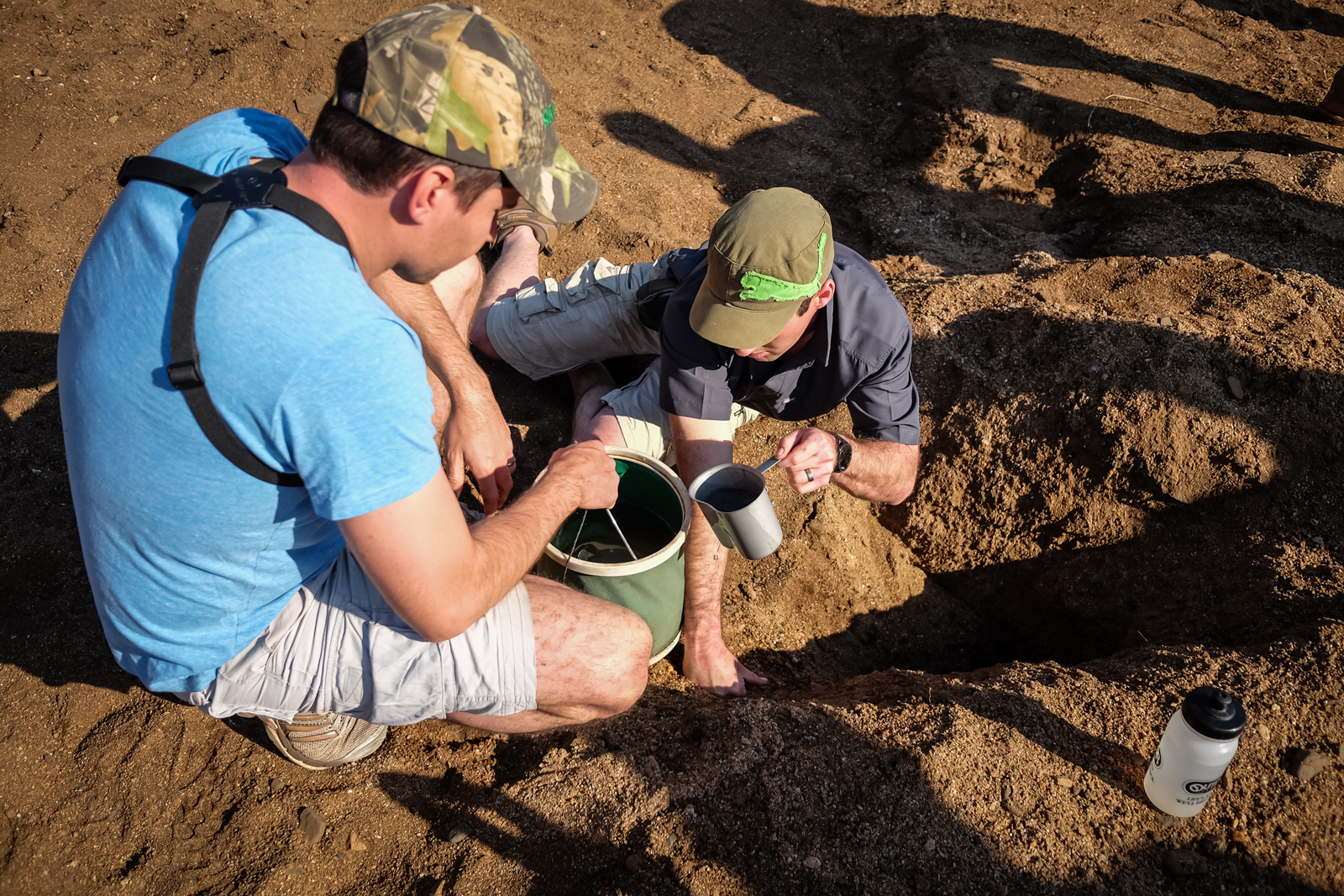
On the last morning, we were greeted by our friendly SANParks guide with a pleasant surprise. A cooler box full of ice-cold beer! A Castle Lite had never tasted this good before! Cheers to the guides for an unbelievable few days!
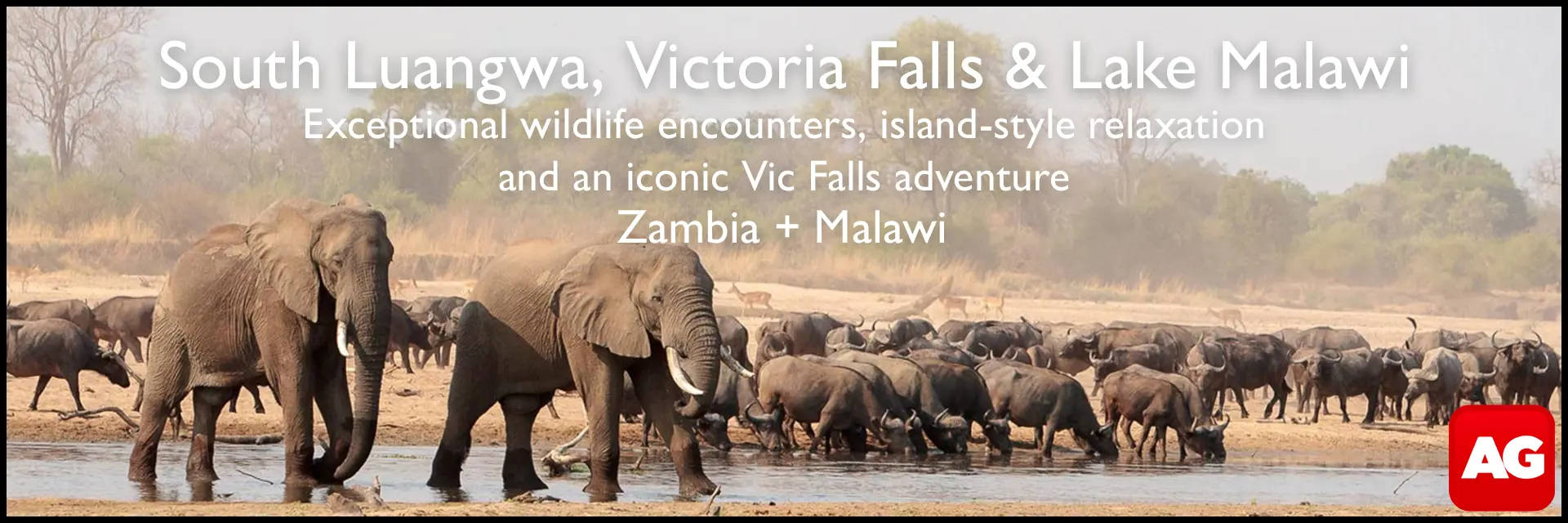
About the author
 Anton lives in Pretoria, South Africa, and works in his family’s property development and investment business. He and his wife Renate both have a passion for wildlife, with a special interest in birds.
Anton lives in Pretoria, South Africa, and works in his family’s property development and investment business. He and his wife Renate both have a passion for wildlife, with a special interest in birds.
To comment on this story: Login (or sign up) to our app here - it's a troll-free safe place 🙂.![]()




